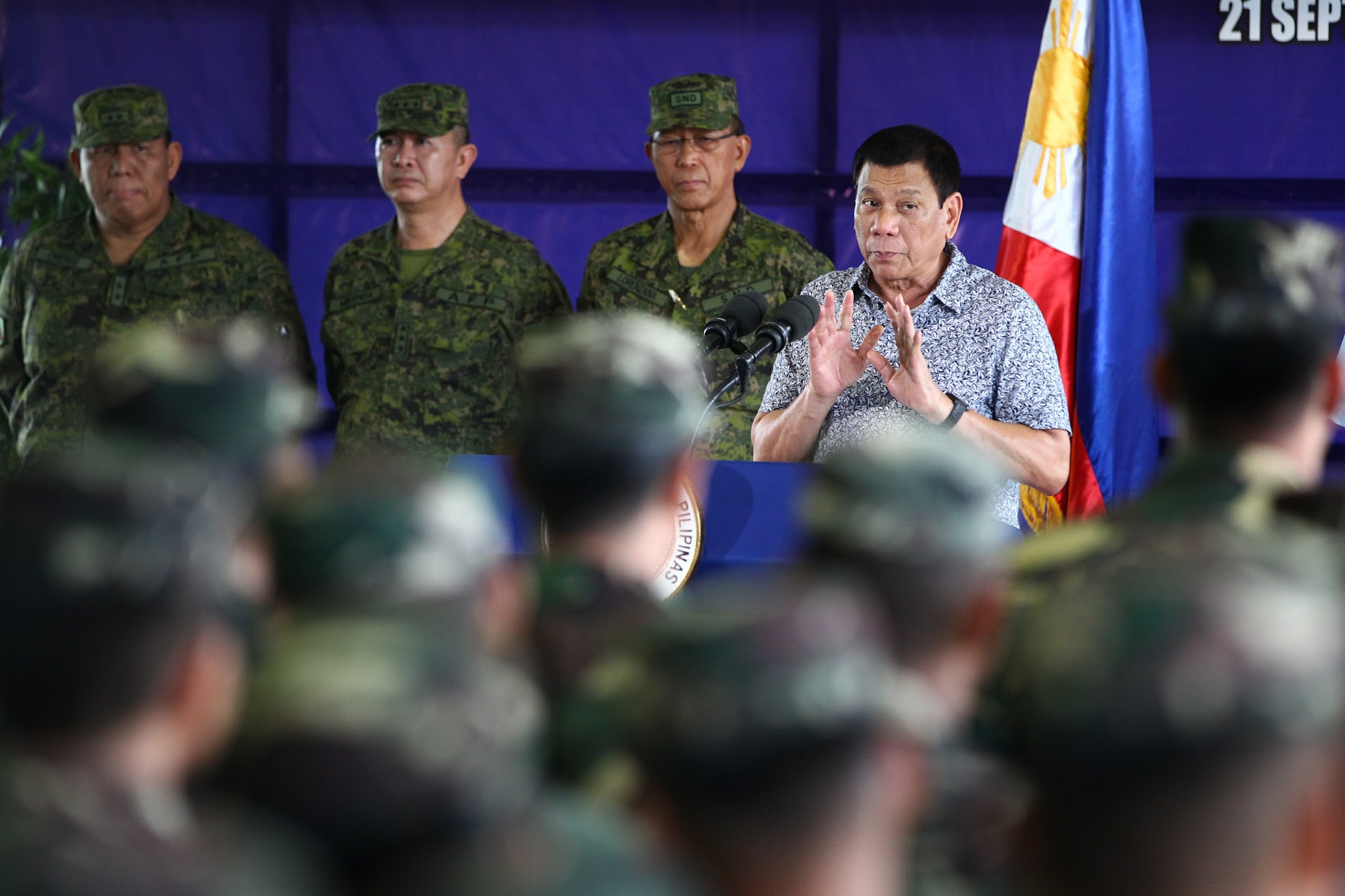9.4.4 Asian and Australasian Populism
Conrad King
As populism is largely a response to the shortcomings of representative democracy, it should come as no surprise that the regions where democracy is least developed or least consolidated is also where populism has had only recent inroads. Still, populism has begun to appear in Asia as well. The oldest representative democracies in the region are Australia and New Zealand, and each saw the emergence of right-wing populist parties during the 1990s, with the New Zealand First Party and the One Nation Party in Australia. Both remain fringe parties with very weak electoral support. There have been somewhat populist leaders in South Korea (Roh Moo-hyun, President from 2003–2008), in Taiwan (Chen Shui-bian, President from 2000–2008) and Thailand (Thaksin Shinawatra, Prime Minister from 2001–2006 and his sister Yingluck, Prime Minister from 2011–2014). However, the most prominent populists in Asia have been Rodrigo Duterte, President of the Philippines since 2016 and a right-wing populist who puts much emphasis on “law and order;” and Narendra Modi, Prime Minister of India since 2014, who emphasizes Hindu nationalism. It is perhaps Modi that causes the most concern amongst critics of populism, as he appears to be remaking Indian society according to his (Hindu nationalist) view of the “pure people” and their general will.

Media Attributions
- President Rodrigo Duterte boosts the morale of the 9th Infantry Division Spear Troopers © ACE MORANDANTE/ PPD is licensed under a Public Domain license

